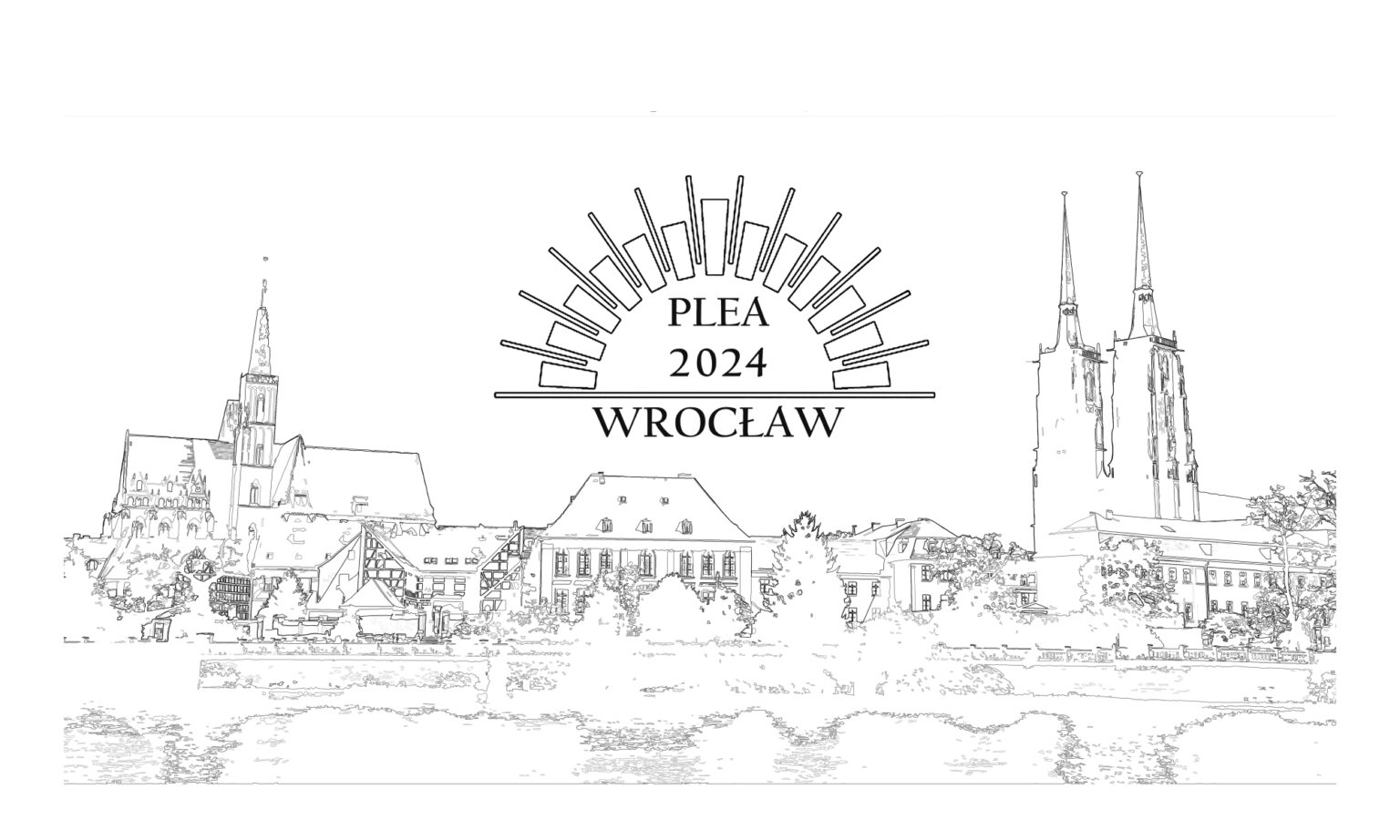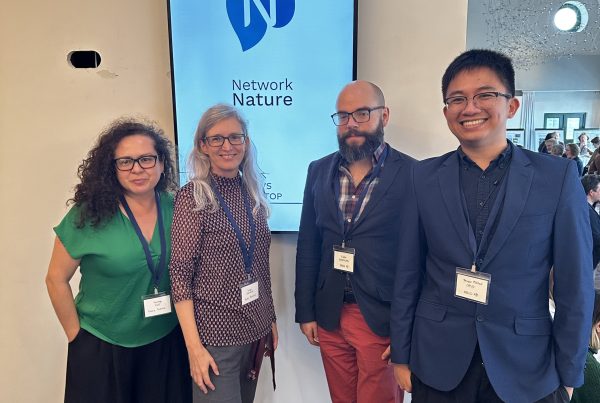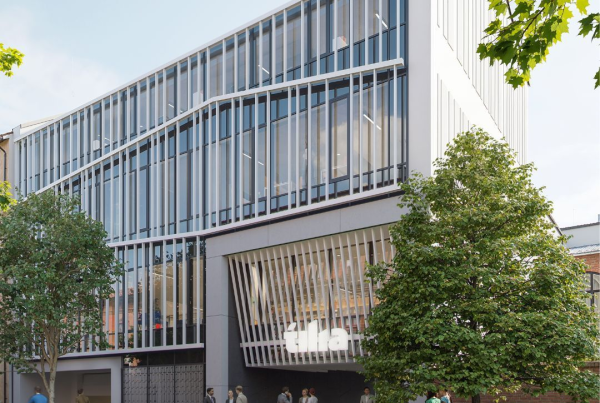ABUD AT THE 37th PLEA CONFERENCE IN WROCLAW
The 37th PLEA Conference on Sustainable Architecture and Urban Design took place in Poland, gathering global participants in Wrocław to discuss the built environment’s impact on climate change mitigation and adaptation.
ABUD made notable contributions to the conference with two insightful papers.
Melinda Orova presented her research on Positive Energy Districts (PEDs), focusing on defining their commonalities by identifying core Key Performance Indicators. Her paper, written together with Dr. András Reith PhD, explores the concept of Positive Energy Districts, which are crucial for the urban energy transition. However, a standard definition for PEDs and their Key Performance Indicators (KPIs) remains undefined. By examining definitions from five prominent EU programs and six PED-relevant projects, Melinda identified commonalities, noting that aspects like energy generation, balance, efficiency, and active management were frequently included. Additionally, GHG emissions, energy flexibility, and participatory approaches were also significant. These findings aim to help develop a base PED definition and establish a common performance assessment framework for PED projects.
Viktor Bukovszki, Francisca Tapia and Luca Veress’s paper “Is Service Design the Right Way for Designing with Nature?” argues that the concepts and principles of service design were found to be ubiquitous in the sampled design process of nature-based solutions (NbS), even though the service design framework was never explicitly used. The study argues that adopting service design would create a shared language for participatory design, prime designers to apply a systems perspective, and integrate operational requirements from early design phases, all of which are pertinent to overcome the design challenges stemming from NbS complexity.
For more details about the conference, visit PLEA 2024.



